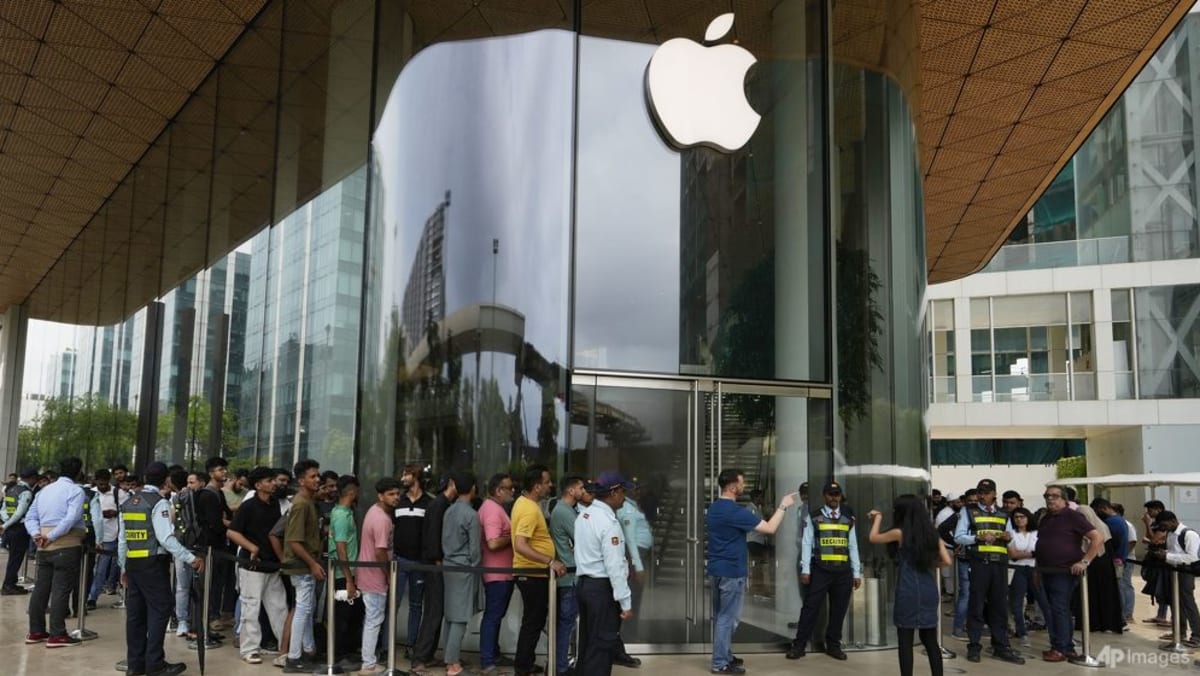BENEFITS AND INCENTIVES
As US tariffs on China weigh further on costs, analysts said India can capitalise by being more attractive to Apple’s suppliers.
“Income tax and corporate tax have been brought down very substantially, so all of that makes a very compelling story,” noted Pankaj Mohindroo, president of the India Cellular & Electronics Association.
He said that competitive labour, including the availability of workers for large-scale plants, is also an important factor to bring suppliers to India.
A report by The Economic Times estimated that Apple’s pivot could generate 600,000 new jobs in India by the end of this year.
The country’s federal government has been offering benefits and incentives, while states like Tamil Nadu, Karnataka and Gujarat are also competing for Apple’s business by giving capital subsidies as well as exemptions from paying duties on electricity.
Mohindroo said: “In addition to that, when you buy land, stamp duty exemption is given – so there are a clutch of benefits. There are some states which give incentives on employment.”
However, to make the most of Apple’s pivot, analysts said India still needs to invest billions of dollars to create an ecosystem of companies that can make and supply parts locally.
India’s bid to attract Apple could also further complicate ties between Delhi and Beijing, said experts.
“If (India) is to rival China in any way, ironically, it needs Chinese equipment, technology and imports, and Chinese technicians to help it do that,” noted Sanjay Kathuria, visiting senior fellow at New Delhi-based public policy think tank Centre for Social and Economic Progress.
“So, instead of having the current policy where we are vetting every Chinese proposal suspiciously and doing a case-by-case clearance – it would be good that we really give the signal that India is open for Chinese business.”
